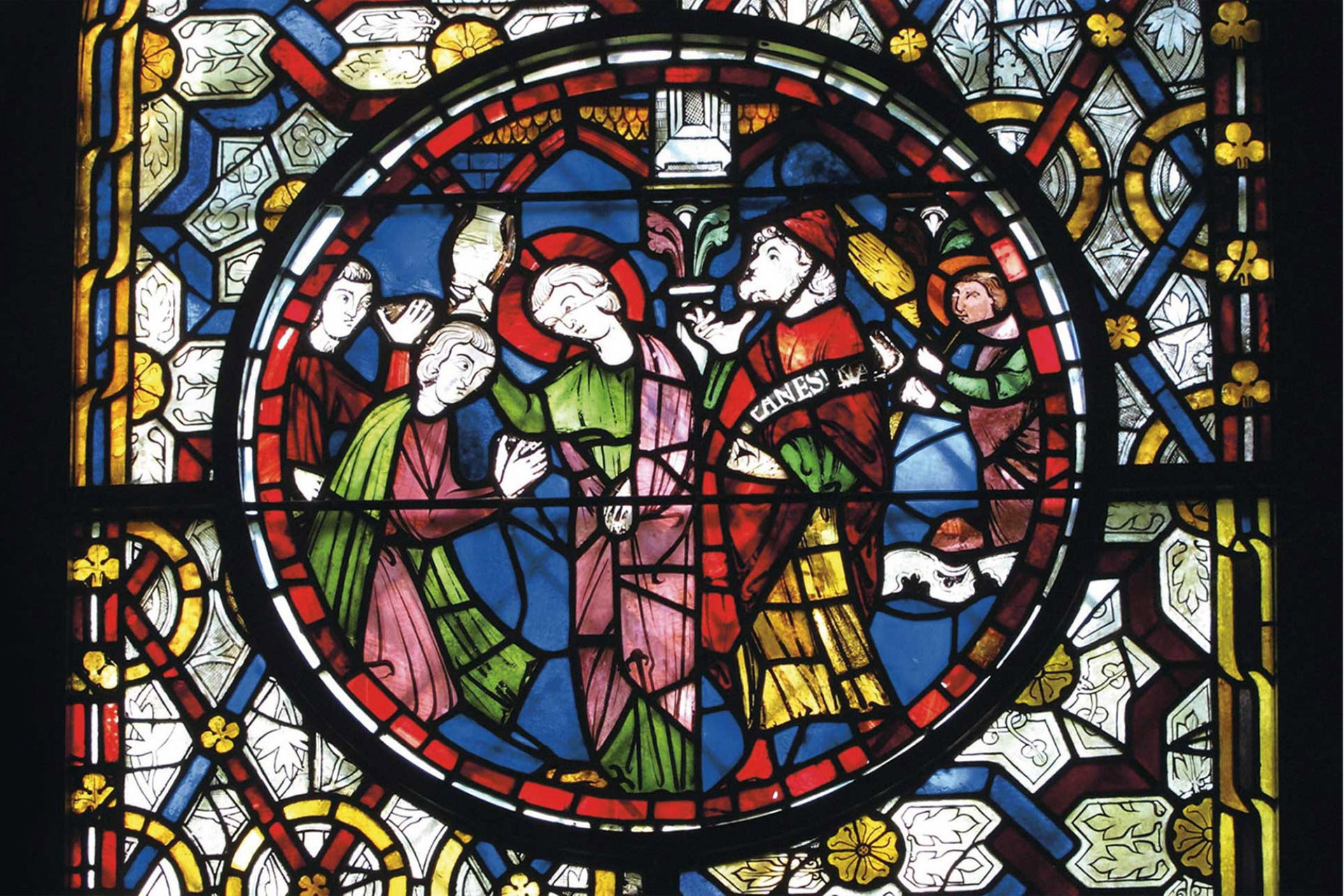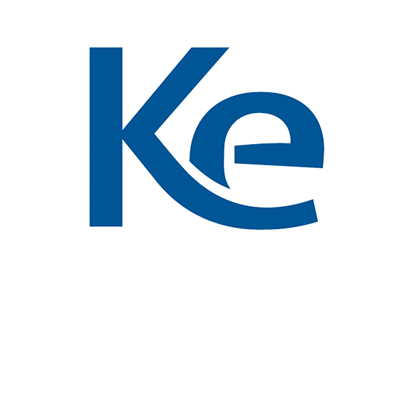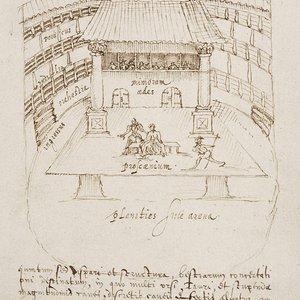The Church Monuments Society is holding its 2014 annual symposium jointly with the Centre for Medieval and Early Modern Studies. Entitled, ‘Monuments of Power’ the event takes … Read more
Month: July 2014
Register now for Liminal Time and Space in Medieval and Early Modern Performance (5-7 Sep)
This interdisciplinary, cross-period conference explores the representation, effects and meanings of liminal time and space in medieval and early modern performance culture. Emphasising the inherently … Read more
MEMS at the Leeds IMC, 7-10 July 2014
A number of staff and students from MEMS will be giving papers at this year’s Leeds International Medieval Congress and the Centre will be hosting … Read more
Material Witness Programme celebrates its first year
As its highly successful first year draws to a close, the concluding event for the Material Witness programme 2013/14 will take place at the Art Workers’ … Read more
Postgraduate Facebook chat event, Monday 7th July, 2-4pm
If you’d like to find out more about postgraduate study at the University of Kent (or perhaps you’re already joining MEMS this Autumn) join our … Read more


